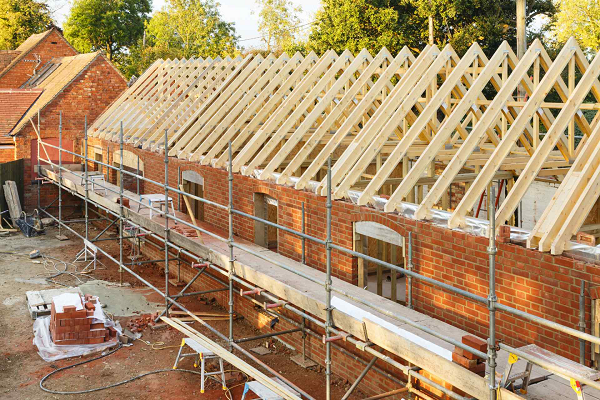Small-Scale Property Development FAQs: Key Questions Answered

-
- What qualifies as a ‘small-scale’ development?
The designation ‘small-scale’ in relation to property developments does not actually have a clear or formal definition. Even so, most regard a small-scale development as one that is made up of around 5 to 20 units (such as flats), capable of generating a profit of say £100k to £500k over a period of 18–to 24 months.
- Are small-scale development projects comparatively simple?
Compared to large-scale development projects, the answer is yes. Small-scale developments tend to be less complex and labour-intensive. But when compared to a standard flip or refurb, even a small-scale property development project can be a much more extensive undertaking. Costs are significantly higher and the scope of the work is greater, calling for the involvement of a knowledgeable and experienced project manager.
- What are the most profitable small-scale development projects right now?
It depends entirely on your knowledge, experience, expertise, budget, and location. Even so, conversion projects (where existing properties are repurposed) tend to be the preferred option for new and aspiring developers. Across the UK, there is a huge and growing contingency of abandoned and unused commercial buildings with enormous potential for residential conversions, many of which have the potential to be exceptionally lucrative.
- Are first-time developers inherently at a disadvantage?
Yes, at least when it comes to funding their first property development project. This is due to the fact that many specialist development finance products are issued exclusively to experienced developers with an established track record. Many lenders exclude first-time developers from consideration, reducing the number of viable funding options available. Even so, it is perfectly possible to fund almost any type of small-scale development project with a bridging loan, a secured commercial loan, or any other viable commercial mortgage.
- How difficult is it for new developers to qualify for funding?
Newcomers to property developments looking to get their first projects on the ground are strongly recommended to seek independent broker support at an early stage. An experienced broker can help pair your requirements with an appropriate lender while at the same time negotiating on your behalf to ensure you get an unbeatable deal. In addition, your broker will help you prepare a strong and convincing application, increasing your likelihood of qualifying for the funding you need.
- Is it not cheaper to apply for funding directly with a lender?
No, and for two important reasons. Firstly, brokers know exactly how to negotiate the kinds of deals that would not be accessible directly from any lender. They also have established relationships with lenders that can lead to significantly reduced borrowing costs and lower fees. In addition, many development finance specialists offer their services exclusively via broker introductions. This means that many of the best deals on the market may be completely inaccessible if you do not apply with the help and support of a broker.
- How are development finance loans issued and repaid?
Specialist development finance differs from bridging loans and other commercial mortgages in that the funds are transferred in a series of instalments. The release of each instalment is tied to the completion of a specific phase of the project, overseen by a surveyor (hired by the bank and paid for by the borrower). Most development finance loans are designed to be repaid within 6 to 24 months, during which interest accrues on a monthly basis. The full balance is either repaid upon the sale of the completed development or by transitioning the loan to a longer-term repayment facility (like a buy-to-let mortgage).
